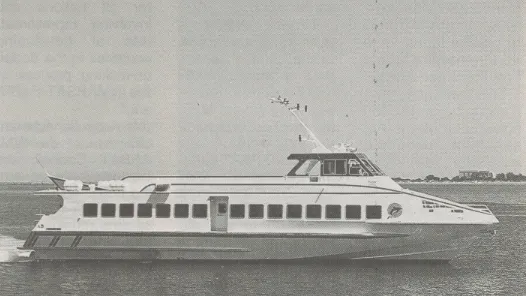
India's Supreme Court cancels all coal block allocations
Smaller companies facing significant debt servicing challenges.
The Supreme Court has recently cancelled all coal block allocations and also imposed a penalty of INR295/tonne on any coal extracted since allocation of these mines.
According to a research note from Nomura, the existing allottees have until 31 March 2015 to find alternatives and until then, they have been granted a leeway to mine.
The report said it remains to be seen if the government will be able to commence with the auctions within that period (if “yes” – then the stress on a system level will be much lower).
Large power steel companies fine on debt servicing despite the cancellations: Despite the blocks being cancelled, most large power/steel companies will not face significant debt servicing challenges, in Nomura’s view, though their equity returns are likely to impacted due to cancellations and penalties imposed.
Large companies which have coal blocks that were cancelled cumulatively have a debt of INR4tn.
Meanwhile, some of the smaller steel/power companies are now facing significant debt servicing challenges after the cancellations as their profitability was largely driven by these block allocations. Nomura estimates US$10bn of system lending to these companies.
Here’s more from Nomura:
Below we access exposure of banks/NBFCs to the smaller steel/power companies which could have debt servicing challenges.
Exposure of banks/NBFCs to these assets. DFC’s exposure is fairly limited to these companies despite its (large power exposure – A positive in our view.
Exposure of REC/PFC (uncovered) is highest to the smaller power companies linked to these coal blocks.
Within covered large PSU banks, PNB/Union has the highest exposure to these assets as a % of their net worth (10-15% of FY14 NW vs 6-7% of NW for SBI/BOB/BOI).
Among non-covered PSU banks, IDBI, Uco and United have very large exposures to steel/power companies linked to these blocks.
Within private banks, ICICI/Axis do not have exposure to the affected steel names but have material exposure (4-5% of NW) to the impacted power names. Some of Axis/ICICI’s stressed exposures are well known (Abhijit) or to better groups (CESC) and hence lower stress recognition.
Exposure of other private banks to these assets is relatively negligible.
Although the cancellation of coal blocks weakens the business models of some of the names mentioned and will likely lead to some credit/restructuring charges, we think the impact on our top picks (Axis/ICICI) is manageable.








![Cross Domain [Manu + SBR + ABF + ABR + FMCG + HBR + ]](https://cmg-qa.s3.ap-southeast-1.amazonaws.com/s3fs-public/styles/exclusive_featured_article/public/2025-01/earth-3537401_1920_4.jpg.webp?itok=WaRpTJwE)









 Advertise
Advertise


